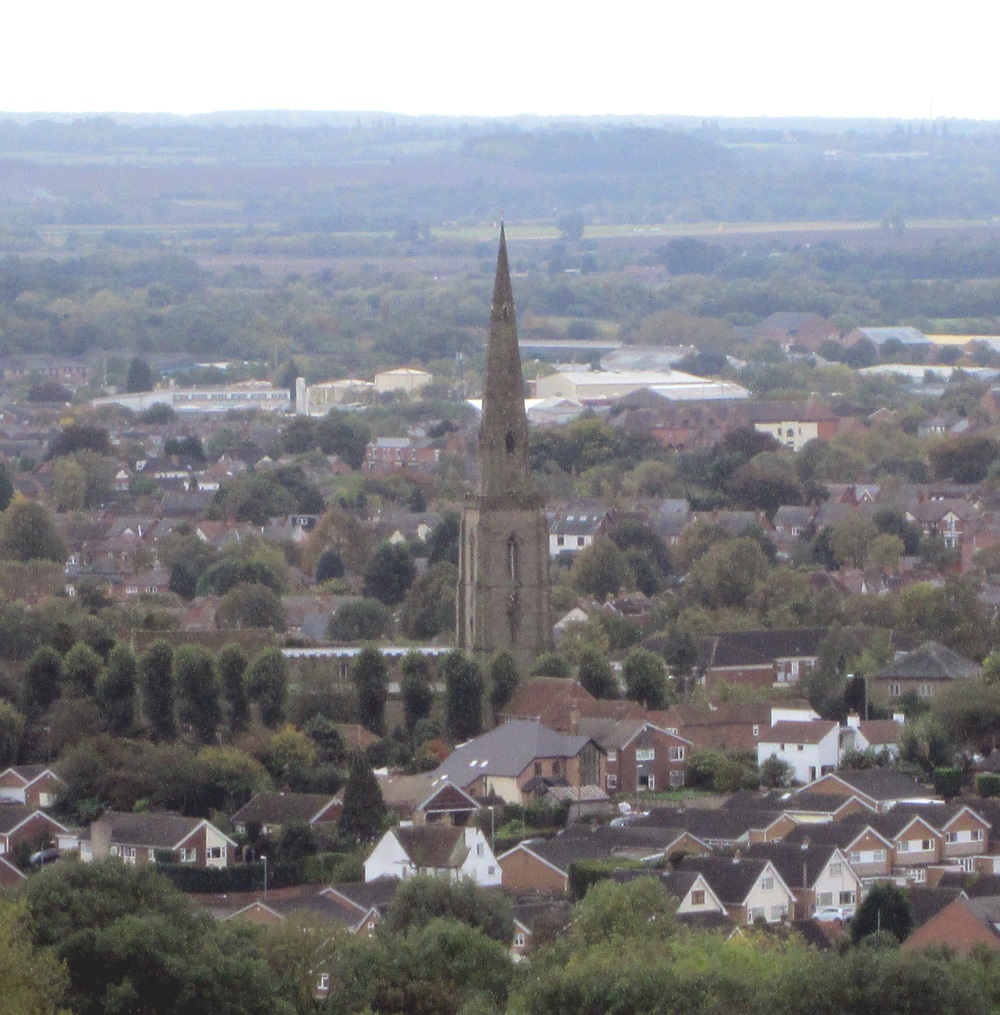
In the last twelve years, we have seen a Conservative government re-elected despite the broken promises, the bad Brexit deal, and brutal cuts to public services. If we cannot win against *Boris Johnson*, we must reassess the way we talk with voters. Unfortunately, it can be too easy to fall back into playing by a campaign rule book written 30 years ago, when we used landlines, and a dial-up internet connection. We need to recognise that the world is a different place now, and we need to up our game. I have the plan.
I have built my career around being a problem-solver, be that cracking a legal case or creating technical solutions for big businesses. I have followed the trends in elections around the world: the good, the bad, and the Trump. I’ve taken evidence from the campaigns that have worked, and sought to identify the reason behind why others didn’t. The political world doesn’t stop for a moment so ideas, strategies, and evidence will need to develop along the way – especially in light of the local election results. This campaign is all about adding in those moments which make people take a second look at us. This is how we take back Gedling.
Stage One – getting our house in order
- Speak to every single CLP member following our first group meeting. Getting everyone onboard, hearing all feedback, giving you a voice. Get everyone behind the political vision.
- Set-up immediate discussions with Mansfield and any other local marginals to ensure we are sharing resources and opportunities.
- Collaborate with Sherwood CLP to ensure a smooth transition in the event of any boundary changes.
- Identify up-and-coming talent who will form part of the next generation of Gedling councillors and start offering them hands-on campaign experience to win future elections.
- Establish a quick process to get press releases out so we break into news cycles at the right time to maximise impact and have a regular rhythm of releases.
- In collaboration with a Business Liaison Officer and Fundraising Officer, reach out to local businesses and co-ordinate a fundraising dinner, guaranteeing a big name speaker.
- Organise ready-made plans for Shadow Cabinet members to visit Gedling – ensuring we have the locations, permissions, and narrative set for a visit at a moment’s notice, and ensure these are compatible with other local marginals to make the biggest local impact.
- Create social style experiences after Super Saturday style canvassing sessions to develop a close-knit CLP community.
- Including activist wellbeing as a key part of the CLP’s culture.
- Support activists to develop their own unique Labour journey through recommending different networks and affiliates who can help them to pursue the causes closest to their heart.
Stage Two – Making Noise in Nottingham
- Environmental issues will become a huge factor in future elections and we need to demonstrate that we are the only party capable of tackling the Climate Crisis. Working with partners such as SERA, we can deliver practical policies which can be implemented at a local level and make a big difference.
- Encourage our councillors to make Nottinghamshire A Right To Food county – take the work we are doing already but make it clear to the voter.
- Promote Trade Unions to the new generation of workers in the gig economy through local campaigns.
- Back councillors to declare that we have a Housing Emergency.
- Using part of the Preston model, campaign for all council workers and all workers at council-contracted companies to be paid the real Living Wage, as well as to promote it across Nottingham.
- Support the Get Home Safe charter for Nottingham.
- Set-up community groups to help people now, such as for school uniform swaps or non-referral based emergency food packages.
Stage Three – Make our Online Presence Present
- Create a Gedling CLP website which is the community hub. It tells you which level of council does what, how to report local issues, how to contact your councillors, local events, schemes for those struggling in the cost-of-living crisis, and our campaigns.
- The website will also need to track the traffic that comes onto our website and which issues are getting the most views. This will allow us to track engagement, see what people care most about, and shape our campaigns and press releases to reflect that.
- Targeted Facebook Ads – cheap, don’t require a lot of volunteers, gets huge numbers of views. Becomes part of our 26 contacts to change a person’s mind.
- Diversify our Twitter & Facebook content away from politicians. This government is in the gutter and we have a huge array of people calling them out who are more trusted than politicians can sometimes be, such as Ant & Dec’s partygate comments.
- Take current local campaigns such as supporting Ukraine and put them on the website. Use GDPR compliant data processing to use this information to promote our future campaigns, getting us the contact details people actually use as a opposed to old landline numbers.
- Ask those who voted Conservative in 2019 to tell us what they’d say to Boris now (politely!). Take the voices of real people in Gedling.
- Keep on-top of changing social media algorithms such as uploading more video content on to Instagram.
- Use local Facebook groups to demonstrate the real impact of the Tories in the cost-of-living-crisis – e.g. whose energy bill has gone up the most since October 2021.
Stage Four – Reimagining traditional campaigning
- Using the Worthing model – ensure we only listen to voters for the first six months to a year through street stalls, canvassing, and online surveys. We need to stop telling the voters what we think they want and listen to what they actually want. Develop policies which then directly address these points.
- Update leaflet designs to make people take notice, such as creating a constituency map to show what we are delivering and where.
- Leaflets are often thrown away but we need to investigate cost-effective alternatives such as a free pen with contact details which is more likely to be kept.
- Strip back our communications to make them as clear and succinct as possible – e.g. ‘oven ready Brexit’, ‘education, education, education’. Make our policies memorable.
- Back up our policies with testimonies from local people. We have the NHS nurses, teachers etc to give their experiences about why we need change.
- Develop a rhythm of press releases and activity to get us in newspapers and on local radio to target older voters, particularly focusing on issues like adult social care.
- Work with sixth formers to engage them in the campaigns that matter to them – e.g. affordable housing, the environment, or tuition fees. These are the people who will be voting in the next general election.
- Get visibility with local street stalls – people don’t answer their ring doorbells to us but we need to get seen. Requires fewer volunteers and contributes to the 26 contacts to change minds.
- Utilise ‘smart’ business cards to share our website and socials details.
- Work with as many local community groups as possible, to ensure we hear their problems and work with them to find a solution.
